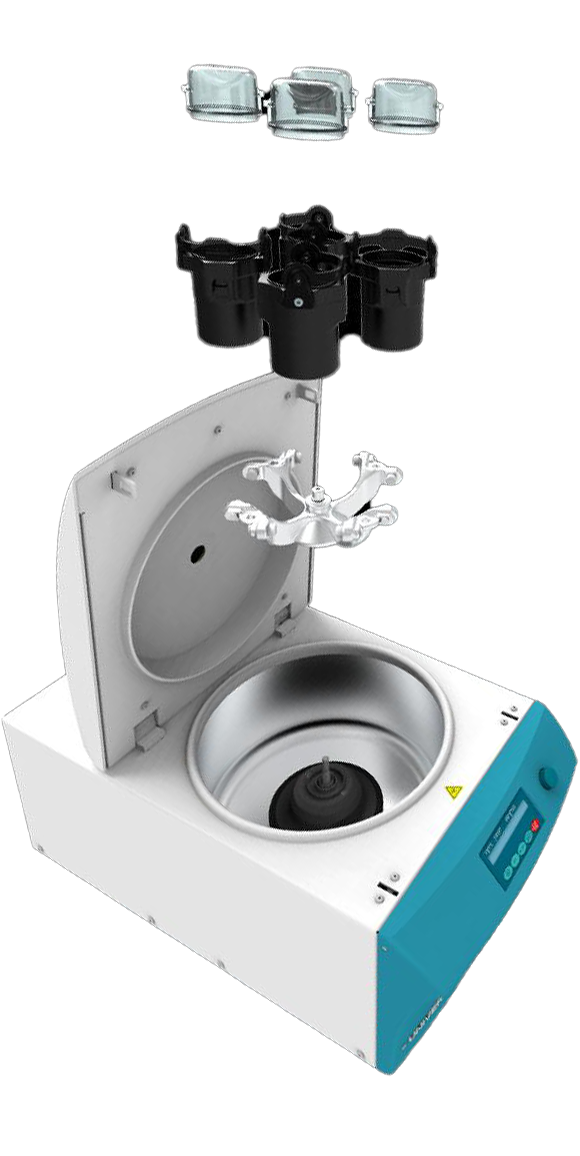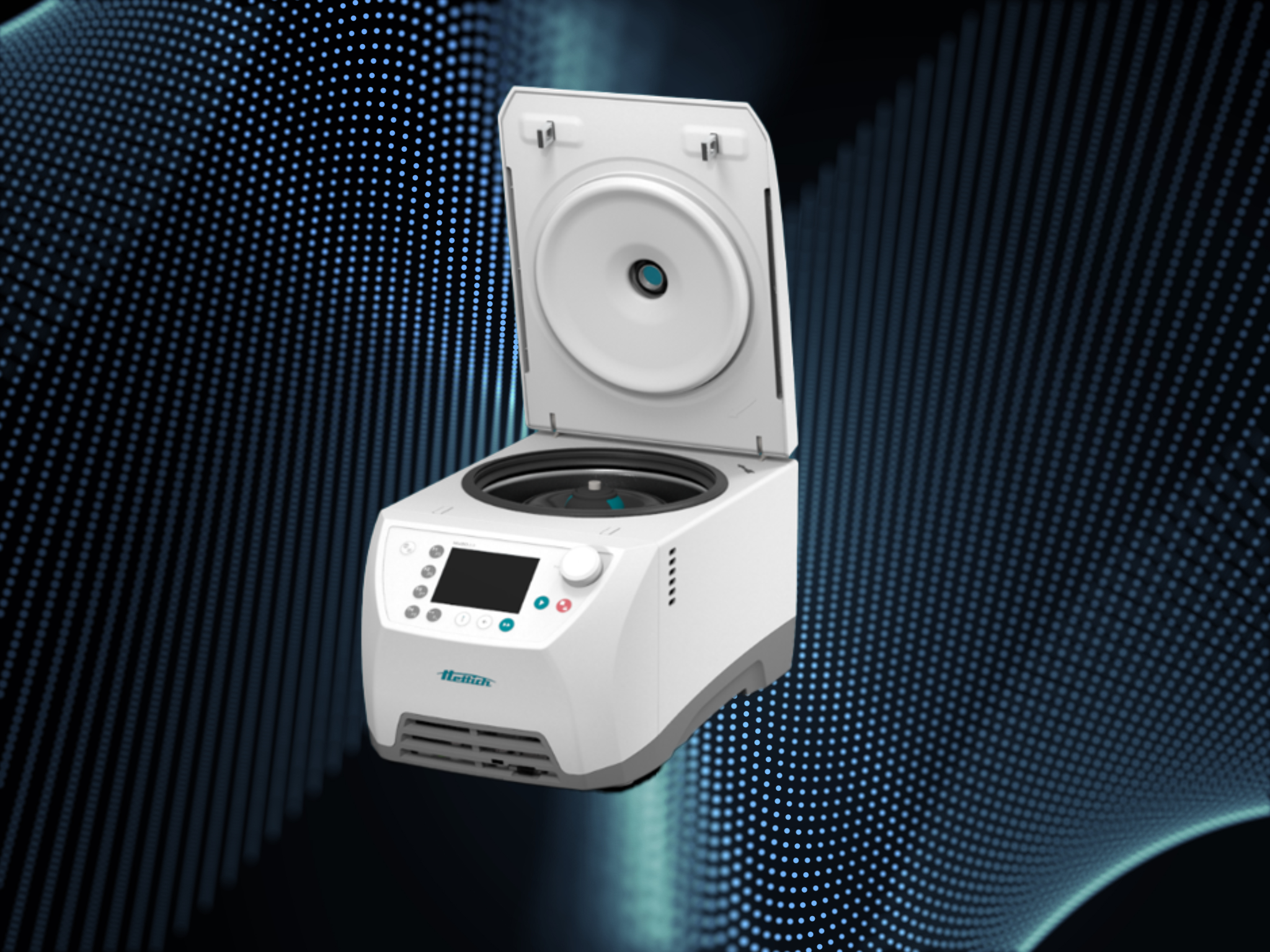A centrifuge is a core piece of laboratory equipment, which can be found in laboratories across the UK and beyond. But how much do you and your lab staff know about centrifuge training? Are you and your team using the centrifuge as per the manufacturer’s guidelines and are you using them safely?
In this month’s blog, we take a closer look at centrifuge training. We will take a look at why you may require it and why you might want to include it as part of your staff training.
Why should I give my staff centrifuge training?
Safety
Safety is the main and probably the most important reason why centrifuge training is essential for all laboratory staff.
Very few people fully appreciate the forces involved in spinning a bucket round at thousands of revolutions per minute. If something goes seriously wrong, the consequences can be life changing injuries, or at worse, death.
Everyone who works with a centrifuge, even if it is on an infrequent basis, should understand the safety implications of its use.
Getting the best out of your centrifuge
Centrifuges can come with an array of additional attributes and time-saving features. For example, do your staff know how to set different acceleration and brake rates? Do they know how to create different programs? Do they know how to lock the screen so the settings cannot be tampered with? Centrifuge training will ensure that all your staff know how exactly to use their instrument.
Prolonging the life of your centrifuge
Put simply, centrifuge training will make your lab staff aware of good centrifuge practices and thus lead to fewer unnecessary repairs. For example, users should understand their obligations with regards to cleaning and decontaminating their rotors, buckets and adaptors. They should know which detergents to use to ensure a deep-clean and which ones to avoid due to their corrosive nature.
There are an array of little tips and practices which should be followed to ensure that faults on the centrifuge are minimised.
Preserving the warranty of your equipment
Any reputable centrifuge manufacturer will have a comprehensive warranty, covering any faults or defects in the manufacturing process. Manufacturers such as Hettich offer a comprehensive multi-year warranty. However, it doesn’t cover misuse. For example, let’s say you purchase a new centrifuge and the lid lock fails after the first month of use. It could well be a defect in the lid lock assembly. Alternatively, it could be a result of users slamming the lid down too hard. If it turns out to be the latter, the repair visit will be chargeable. Basic user training will make staff aware of how to properly close the lid without causing unnecessary damage. Indeed, some centrifuge brands have a power assisted lid which requires very little pushing down at all. Users would be made aware of this through proper centrifuge training.
How Henderson Biomedical can help
Whilst Henderson Biomedical is not a certified training provider, we are able to offer advice on best practices based on nearly 35 years of experience. We are able to come to your site and train up to 10 staff members in a single training session which usually lasts around 2-4 hours. You can learn more about what we cover for centrifuge training by visiting our dedicated webpage. Alternatively, you can contact one of our team on 020 8663 4610 or use our online form.









